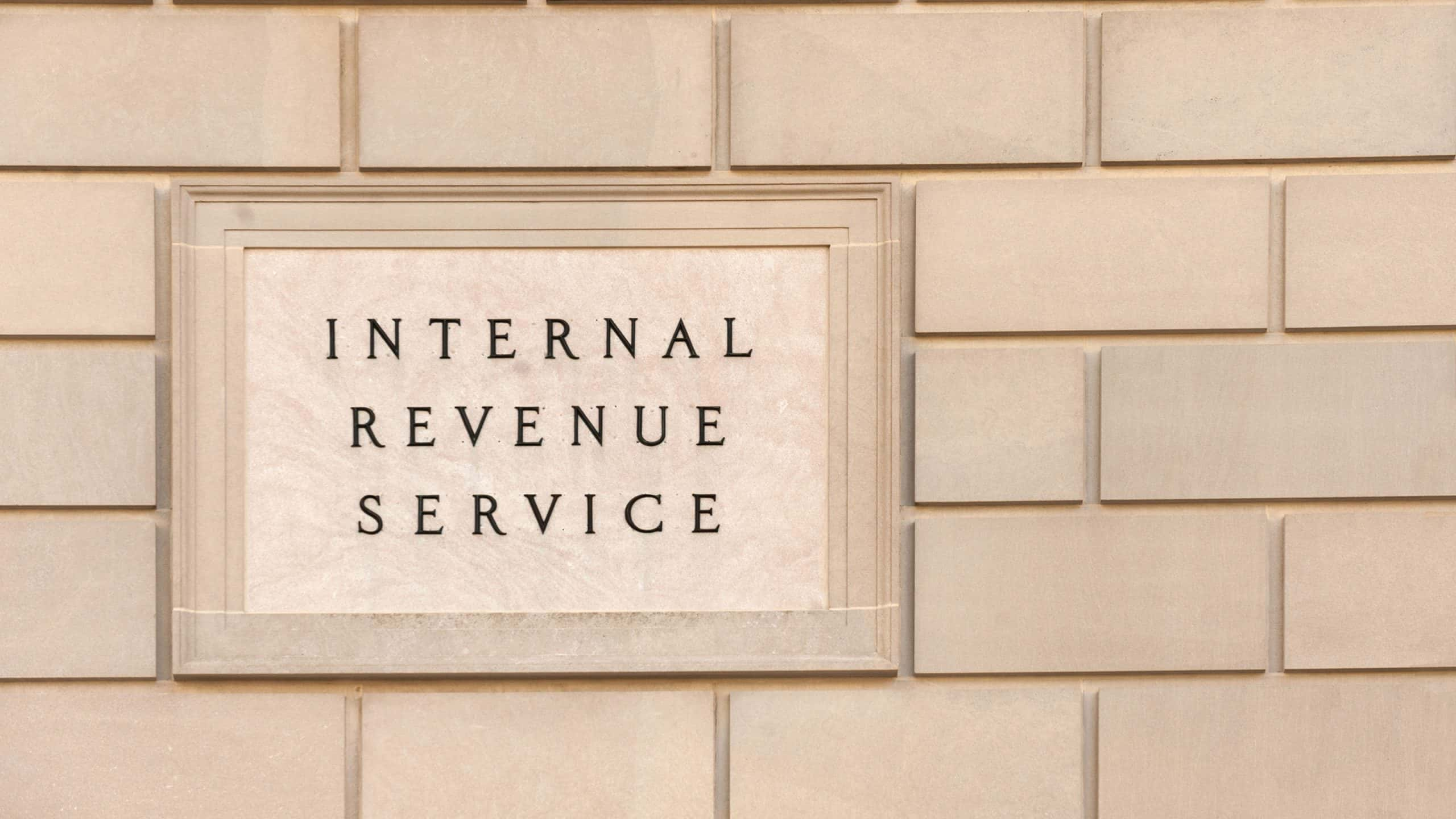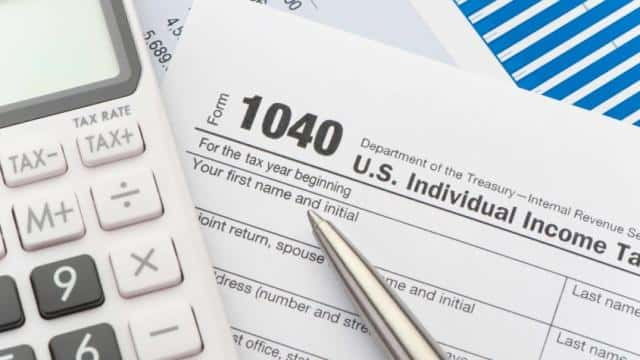Avoid giving your company bogus employee retention tax credits (ERTC). This COVID-19-related payroll tax credit was enacted by Congress for qualifying businesses that kept paying wages, typically between March 13, 2020, and September 30, 2021. It was created to aid businesses that had to partially or completely stop operations or had a sharp decline in revenue during the height of the coronavirus pandemic.

Impact of the Employee Retention Tax Credit
In an article from Kiplinger, employers use the ERTC to reduce their 6.2% Social Security tax contribution, with any excess being refundable. Businesses have flooded the IRS with Form 941-X modified payroll tax return submissions for 2020 and 2021, claiming ERTCs and requesting refunds for payroll taxes paid in those quarters as well as any excess ERTCs.
Complex rules govern ERTC. Additionally, the fact that the ERTC was altered three times by Congress after it was first passed in late March 2020 doesn’t help.
Generally speaking, eligible employers are those who had to close their doors or reduce staff due to a COVID-19-related governmental order or whose quarterly gross receipts decreased by more than 50% (20% for 2021) compared to 2019. The credit cap for the year from March 13, 2020, to December 31, 2020, was $5,000 per employee. The maximum credit amount for Jan. 1 through Sept. 30, 2021, was $7,000 per worker every quarter. The ERTC expired for most qualified businesses for wages paid after September 30, 2021. Up to December 31, 2021, there was a small exception for enterprises in the startup recovery.
Promoters are fully utilizing the convoluted ERTC guidelines, with many of them peddling false claims for the credit. You have undoubtedly seen or heard the nonstop TV, radio, and social media advertisements praising the ERTC and promoting credit claims.
Improper ERTC claims are taken very severely by the IRS. The problem is at the top of the IRS’s annual list of abusive tax tactics, or the “dirty dozen”. One of the IRS’s most important investigative and enforcement initiatives right now involves dealing with false ERTC claims. The IRS is actively going after taxpayers who take the ERTC wrongly and promoters who advertise fake ERTCs, and it penalizes firms with civil tax fines and files criminal charges where necessary.
IRS civil audits of questionable ERTC claims are increasing. Agents will inquire after a physical check about how COVID affected your company. They’ll demand proof of a suspension or closure of the government, as well as evidence of a sharp drop in revenue. They will examine W-2s and W-4s, state unemployment tax forms, and payroll data. They will request a list of the employees whose pay were claimed under the ERTC, together with information regarding whether any of the employees on the list are majority owners of the company or linked to its owners. They’ll ask to examine checks and other proof of the wages paid, such as tax returns. And that’s only the very beginning of the audit. Reports from Yahoo Finance.




